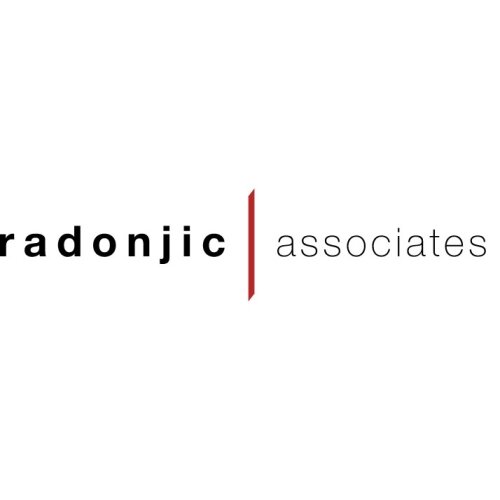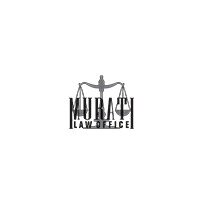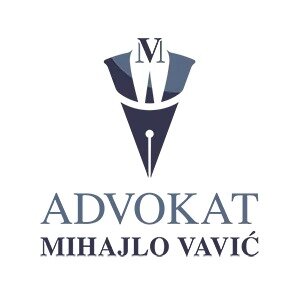Best Native People Lawyers in Montenegro
Share your needs with us, get contacted by law firms.
Free. Takes 2 min.
Or refine your search by selecting a city:
List of the best lawyers in Montenegro
About Native People Law in Montenegro
Native People in Montenegro primarily refer to the indigenous populations that have historically inhabited the region. While Montenegro is not widely recognized for having a distinct indigenous group akin to those in places like North America, it is home to ethnic groups with ancient roots such as the Montenegrins, Albanians, Bosniaks, Croats, and Serbs. Legal considerations for these communities often revolve around cultural preservation, land rights, and heritage protection. Understanding and respecting the local and ethnic nuances are essential for harmonious coexistence and legal compliance.
Why You May Need a Lawyer
Individuals may require legal assistance in areas such as land disputes, inheritance issues, and cultural heritage protection. Lawyers specialized in these fields can provide guidance on protecting community rights, navigating bureaucratic processes, and advocating for legal recognition of cultural practices. Additionally, those who feel their rights as part of native communities are not being respected or are undervalued in governmental or corporate dealings may seek legal counsel to ensure fair treatment and representation.
Local Laws Overview
Montenegrin laws concerning native populations are integrated with the country’s civil law system, influenced by both historical practices and modern European standards. Key aspects include:
- Land Rights: Like in many other nations, land ownership and use are significant legal issues. Montenegro has specific statutory provisions that address land registration, disputes, and heritage sites.
- Cultural Heritage: Laws exist to protect historically significant sites and practices, with the Ministry of Culture often playing a central role.
- Civil Rights: General laws covering civil rights are applicable to all citizens, including those from indigenous backgrounds, with protections against discrimination.
Frequently Asked Questions
What defines native people in Montenegro?
In Montenegro, native people typically refer to the ethnic groups with deep historical ties to the region, notably Montenegrins, Albanians, Bosniaks, Croats, and Serbs.
Are there specific legal rights for native people?
Generally, native peoples’ rights in Montenegro are enshrined within broader civil rights and protections, alongside specific legislation regarding cultural and historical preservation.
How can I resolve a land dispute involving native land?
Resolving land disputes generally involves consulting a legal expert specializing in property law, engaging in mediation, or pursuing litigation if necessary.
Is it possible to protect a cultural site?
Yes, cultural sites can be protected under Montenegrin law by applying for heritage status through the Ministry of Culture or local government bodies.
What is the role of the government in preserving cultural heritage?
The Montenegrin government, through the Ministry of Culture, plays an active role in preserving and promoting cultural heritage by legislating protection and funding preservation efforts.
Can a non-native participate in native cultural practices?
Participation is often welcomed but should be approached with respect and understanding of cultural sensitivities, possibly requiring permissions from community leaders.
How are native people represented politically in Montenegro?
Various political parties or groups advocate for the rights and interests of native populations, seeking representation in local and national government structures.
Are there legal resources available in native languages?
Legal resources and documents are typically available in Montenegrin, with some materials potentially offered in Albanian or other languages, reflecting the ethnic diversity.
How can I ensure compliance with local laws as a native person?
Consulting with legal professionals familiar with local laws and engaging with community leaders can help ensure compliance while respecting cultural practices.
What should a native person do if discriminated against?
Instances of discrimination should be reported to local authorities or human rights organizations, and legal counsel should be sought to understand and protect one’s rights.
Additional Resources
For further assistance, the following organizations and bodies may be helpful:
- Ministry of Culture of Montenegro: Offers resources on cultural and historical preservation.
- Office of the Protector of Human Rights and Freedoms (Ombudsman): Provides protection against discrimination and promotes human rights.
- Local ethnic cultural centers: Serve as hubs of cultural preservation and legal assistance.
Next Steps
If you require legal assistance regarding native people issues in Montenegro, consider the following steps:
- Consult a lawyer with expertise in native people’s rights and cultural laws.
- Engage with local community leaders to understand the cultural context.
- Collect documentation and evidence related to your specific legal issue.
- Consider mediation or legal action if disputes cannot be resolved informally.
- Stay informed about changes in laws that may affect your rights or obligations.
Lawzana helps you find the best lawyers and law firms in Montenegro through a curated and pre-screened list of qualified legal professionals. Our platform offers rankings and detailed profiles of attorneys and law firms, allowing you to compare based on practice areas, including Native People, experience, and client feedback.
Each profile includes a description of the firm's areas of practice, client reviews, team members and partners, year of establishment, spoken languages, office locations, contact information, social media presence, and any published articles or resources. Most firms on our platform speak English and are experienced in both local and international legal matters.
Get a quote from top-rated law firms in Montenegro — quickly, securely, and without unnecessary hassle.
Disclaimer:
The information provided on this page is for general informational purposes only and does not constitute legal advice. While we strive to ensure the accuracy and relevance of the content, legal information may change over time, and interpretations of the law can vary. You should always consult with a qualified legal professional for advice specific to your situation.
We disclaim all liability for actions taken or not taken based on the content of this page. If you believe any information is incorrect or outdated, please contact us, and we will review and update it where appropriate.
Browse native people law firms by city in Montenegro
Refine your search by selecting a city.










